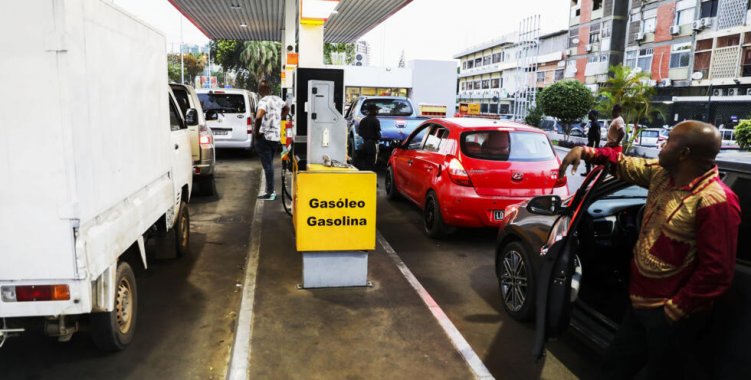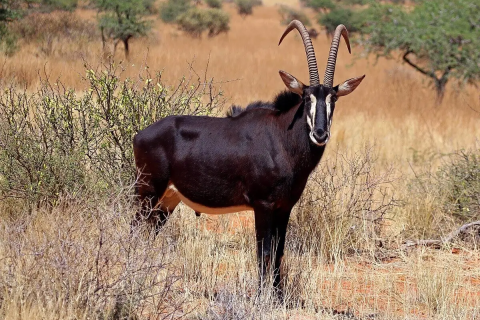"It will have an impact, without a doubt," said the association leader, commenting on the increase in the price of diesel from 300 to 400 kwanzas per litre, in force since Friday, as part of the policy of progressively removing fuel subsidies.
"In fact, it was expected, it is not exactly something that the class considers a great surprise, because it is already known that the Government has decided to gradually reduce subsidies," Wanderlei Ribeiro told Lusa.
According to the president of AAPA, the government's justification in the first phase of the process was that the removal of subsidies would free up resources to promote national production.
However, "we cannot see, in the same proportion as the impact of the removal of subsidies, an allocation of resources to support family farming."
Among the most recent measures, Wanderlei Ribeiro pointed out the acquisition of 180 thousand tons of fertilizers and the reinforcement of the capitalization of the Development Bank of Angola (BDA), but stressed that "there is still a huge challenge in terms of the financing capacity of the real economy, especially for companies in the sector".
"There will be, without a shadow of a doubt, a major impact, especially because, at this moment, we have the update of the minimum wage, which is also another change, another cost, which will increase the cost of production", he warned.
The officer also criticized the liberalization of corn imports, which he considered an unfavorable measure: "It was at a much lower price than what national companies can produce. This does not help the activities of the sector".
"It is always the consumer who must pay when the Government has no interest in absorbing the impact that this has on the producer or the consumer", he lamented.
For Wanderlei Ribeiro, producers — both large and small scale — "will feel the impact of this measure more personally," because "they cannot absorb this impact and have to pass it on to someone else, the consumer, unless the government absorbs the costs through trade or production subsidies."
"Production subsidies do not seem to be a measure in the government's interest at this time," he concluded.
The government intends to align domestic prices with market values by the end of 2025, freeing up public resources for sectors such as health, education and infrastructure.
Since 2023, gasoline has risen from 160 to 300 kwanzas per liter, while diesel has risen from 135 to 400 kwanzas, accumulating increases of more than 120 percent.
The elimination of subsidies represents an estimated saving of 400 billion kwanzas per year, in a fiscal consolidation effort supported by international partners such as the International Monetary Fund (IMF).







